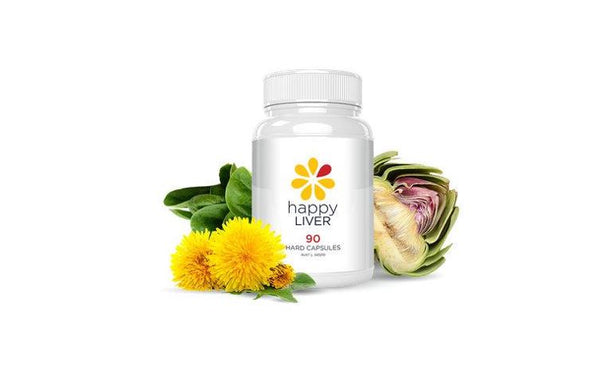
Is Your Diet Affecting Your Hormones?
Fifty years ago hormonal imbalances were rare. Many factors have contributed to the epidemic we are experiencing today. One of the main factors, however, is our diet – one that is heavily processed and not the way nature intended us to eat.
Unprocessed food is balanced. As long as you do not consume too much of any one food group, the body automatically assimilates food and utilises all the nutrients accordingly to maintain health.
Processed food and hormonal imbalance
When food is processed, many of the internal buffer mechanisms are removed and the body finds it difficult to metabolise the additional colours, flavours, and preservatives. All these chemicals require detoxification as they strain the liver and increase the demand for essential nutrients needed in the regulation of hormones.
Processed food can cause spikes in blood sugar. This affects the pancreas and adrenal glands and also suppresses normal thyroid activity. Additionally, these blood sugar spikes can lead to overstimulation or suppression of the nervous system.
The body can deal with small amounts of processed foods. There will be dire health consequences, however, if they take up a large portion of the diet for prolonged periods of time. The epidemic of diabetes, which is a dietary condition resulting from the excessive intake of refined sugars, should be a warning to the dangers of an over-processed diet. The constant stimulation of the glandular system for as little as three months leads to the beginnings of hormonal imbalance. If it continues, chronic health problems such as heart disease, diabetes, and cancer can develop.
Hormonal imbalance in the teenage years
Take a look at the average teenage girl’s diet – chips, lollies, chocolate, low-fat and pre-packaged foods in combination with skipped meals and energy drinks – all this leads to a recipe for hormonal imbalance. Ask any parent with a teenage daughter if they believe their child has a hormonal imbalance. Teenage girls are a powerful demonstration of the effects of hormones on mental and emotional balance. Sweet young girls quickly change into argumentative, moody, irrational and angry teenagers once reproductive hormones begin to surge.
These girls did not develop the condition overnight. From very early in life they have been exposed to excessive refined and processed foods, a toxic food chain, and prolonged stress. These factors, combined with inherited susceptibility from the mothers’ existing glandular imbalance, are leading to a generation of young girls suffering a misunderstood condition where the only conventional treatment is synthetic contraceptives and antidepressants.
Hormonal imbalance and eating habits
A young girl suffering from hormonal imbalance is much more likely to be susceptible to emotionally-based conditions such as bulimia and anorexia. Many of these eating habits continue into adulthood. Alcohol and smoking often add fuel to the fire. Stress becomes an increasing factor and the end result is a society of women suffering from some degree of hormonal imbalance where diet and lifestyle have had a large role in developing.
The secret to correcting a hormonal imbalance lies in a healthy diet, exercise and managing stress levels effectively. Follow the Happy Hormones program to help you to find balance again.

Dr Jeff Butterworth
Dr Jeff Butterworth B.App. Sc, N.D is a Naturopathic Physician with over 20 years experience specialising in working with hormonal disorders. Dr Jeff developed the Happy Hormones program after discovering a unique way of supporting healthy hormonal balance that may have long-lasting and effective benefits. Discover his secrets to effectively supporting your hormonal balance using holistic principles.
Featured Articles
Recent Articles
The Science of Happiness
Charting to Conceive
7 Signs of Depression to Watch Out For
Why am I always tired?
Happy Smoothie Bowl
5-Minute Kale Salad
Grilled Mustard Brussels
7 Strategies to Increase Your Iron
Roasted Cauliflower Garlic Soup
Happy Shape Protein Tea Cake
Happy Weight Berry Ripe Smoothie
Quick Miso Soup
Turmeric Boost Shots
Okra Chips
Carrot Top Pesto




















